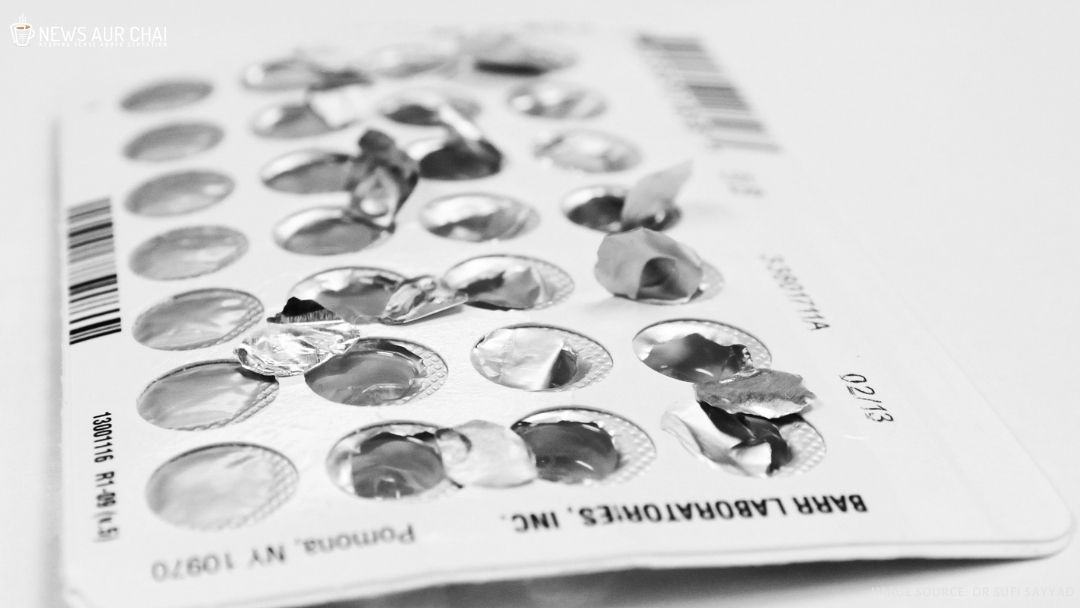Male Contraceptive Pills To Be Available In 2021?

For the longest time, contraception has been apportioned by gender–condoms to males and (pills, IUDs, patches, injections for females; women have to bear the tyranny of synthetic and unnatural hormones. Either she has to rely on the artificial hormones for contraception or end up bearing the shame of unwanted pregnancy. The divide has its biases to the male counterpart in as private matters as sex and pregnancy.
Well, the announcement of male contraceptives by the Indian Council of Medical Research (ICMR) has opened the gate of a new reality that may revolutionize sex lives in India. Will 2021 be the year of this revolution, and the fruition of a concept which has for long prevailed in background in theories and experiments?
The contraception of males first appeared in Britain around 60 years ago, yet it failed to be turned into reality, and the attempts fizzled out.
The historical references showcase that the first-ever male contraceptive injection in the world was developed by Dr Sujoy Guha, a biomedical engineer from IIT Kharagpur in the 1980s. The pill has undergone clinical trials and awaits a nod for its launch in the markets.
Furthermore, latest research developments suggest that men might be able to take their pick of preventive products very soon — ranging from gels, daily pills, monthly injections and even a reversible chemical vasectomy. The variants are showing substantial promise in clinical trials, according to a report of The Daily Mail.
Last year an experimental contraceptive pill for men successfully passed a safety test after participants used it daily for a month. According to the scientists, the drug doesn’t affect the libido.
“Our results suggest that this pill, which combines two hormonal activities in one, will decrease sperm production while preserving libido,” said Christina Wang, from Los Angeles Biomed Research Institute (LA Biomed), according to The Economic Times.
The contraceptive pill is called 11-beta-methyl-19-nortestosterone dodecylcarbonate (11-beta-MNTDC), and just like female contraceptive pills, it has a combined action of androgen, a male hormone and progesterone. The male contraceptive pills will control the production of sperms as it targets the hormone testosterone, which will increase in testosterone levels and cause the male pituitary gland to release fewer hormones.
A study took place in 40 healthy men at LA BioMed and the University of Washington in the US in which ten participants randomly received a placebo capsule or dummy drug. The other 30 men received 11-beta-MNTDC at one of two doses; 14 men received 200mg, and 16 got the 400 mg dose.
The 11-Beta-MNTDC, is a “sister compound” to dimethandrolone undecanoate, or DMAU, the first potential male birth control pill. A study drawn from an experiment on DMAU supervised at the University of Washington Medical Centre. Here, the investigators tested three doses of – 100, 200 and 400 mg on 100 healthy men between 18 and 50. Out of those, 83 men completed the study. The highest dose of DMAUresult showed “marked suppression” levels of their testosterone and two hormones required for sperm production.
Historically, the contraceptive methods for men have been quite limited, condoms that are not 100 per cent reliable, the ancient withdrawal method is mostly ineffective, abstinence is not a feasible option, and vasectomy is a permanent method that is scary to many men. The option of a male contraceptive pill will not just be a flexible contraceptive method for couples. Still, it will also reinforce contraception and family planning on both the male and the female.





